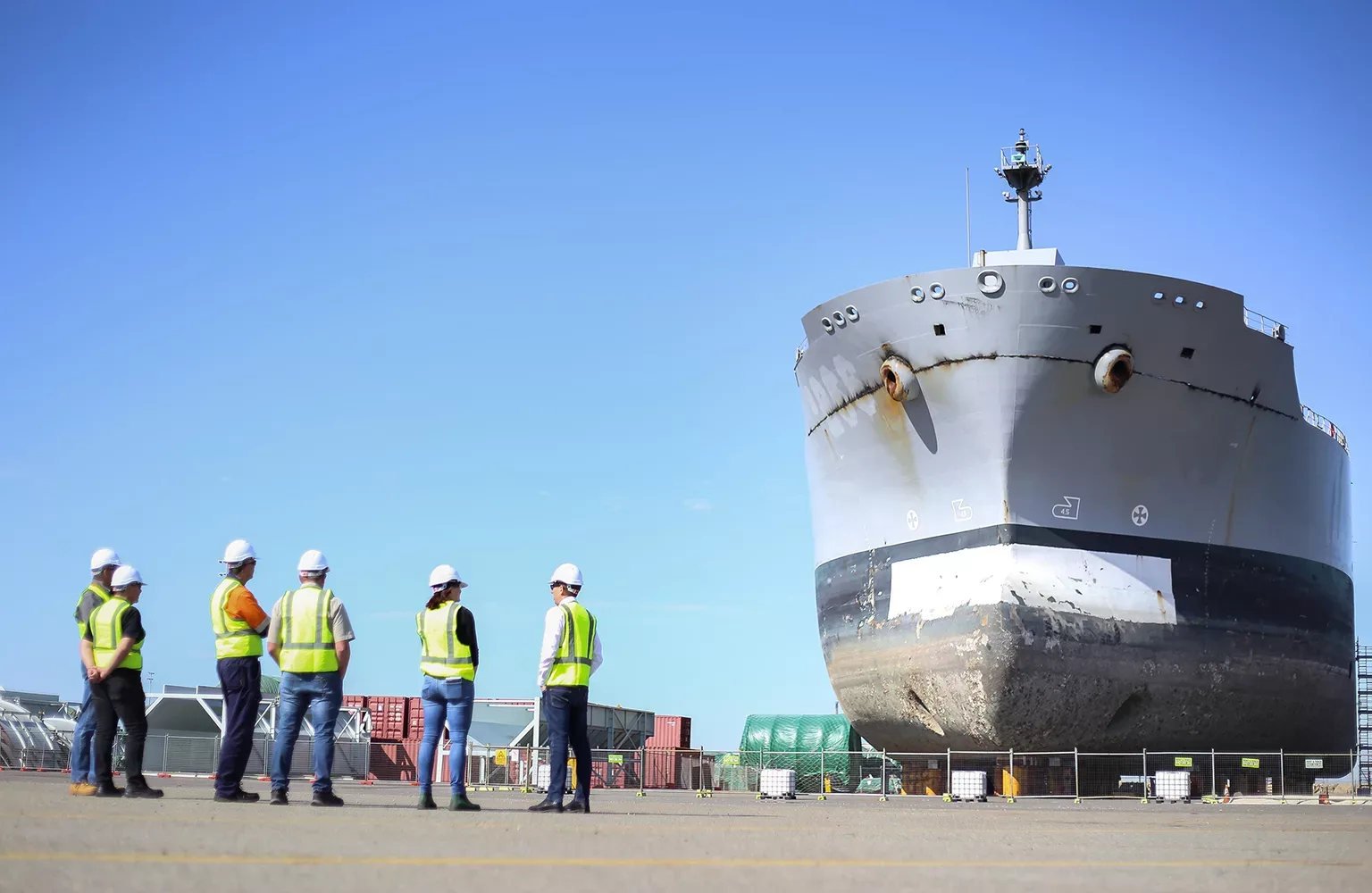Decommissioning is a relatively new focus area in Australia. Francis Norman, CEO and Managing Director of the Centre of Decommissioning Australia (CODA), tells us about the rapid growth of a burgeoning industry Down Under.
ON A MISSION TO DECOMMISSION
From extremely low levels of activity pre-2020, Australia’s decommissioning industry is now experiencing rapid growth in the committed volume of work from operators and is driving many opportunities for the service sector and workforce.
These significant step changes don’t come easily, however, as a lot of people require a shift in mindset towards the unique planning and execution challenges of decommissioning.
“We must also focus on finding, growing, and attracting the solutions to all our technical questions, and we need to do it in a sustainable manner,” notes Francis Norman, CEO and Managing Director of the Centre of Decommissioning Australia (CODA).
“We believe the current volume of work will continue for several years, providing companies with the confidence that there is real work on offer. It’s easy to forget, but we also have a significant volume of onshore decommissioning to execute, with thousands of onshore wells that require plugging in the coming years as well as the removal of associated infrastructure.”
The rise of decommissioning in Australia closely coincides with Norman’s initial involvement and fascination with the industry in 2019, having spent the first three decades of his career working in several different countries for a large, global engineering consultancy.
This globetrotting journey eventually brought Norman to Australia in 1998 and Perth in 2002, where his passion for advocating the growth of industry and the profession was later ignited in a voluntary role at Engineers Australia.
“It led me to join National Energy Resources Australia (NERA) in 2016, an organisation dedicated to growing the country’s energy resources sector. CODA was initiated within NERA, before becoming a standalone organisation in 2021,” he explains.
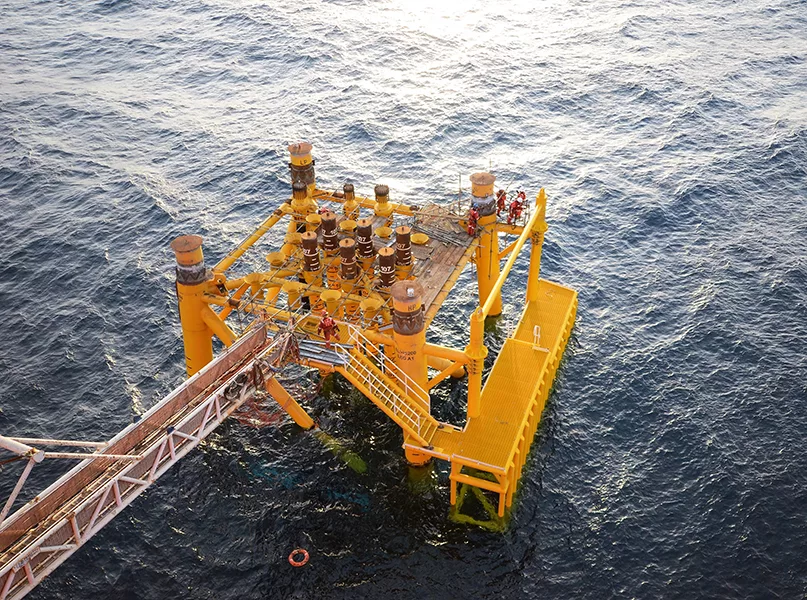
AHEAD OF THE CURVE
CODA was fortunate to be established in recognition of the potential surge in decommissioning activity.
With the foresight and guidance of a number of industry leaders, it developed an overall strategic process to grow the industry.
“Our initial focus was on delivering a comprehensive study that looked at the upcoming volume of work, resulting in identifying a substantial USD$40.5 billion opportunity,” Norman informs us.
Since then, CODA has worked on compiling a repository of reference materials that the sector can rapidly use to build its skills and knowledge.
This included looking at global best practices, technology, disposal and recycling, ports, and most recently, skills.
“We have also put a lot of effort into telling the story, and showing the opportunities of decommissioning and its role in the circular economy and energy transition,” adds Norman.
“We have found the entire sector to be incredibly engaged and enthusiastic about what decommissioning represents.”
This level of enthusiasm has facilitated the rapid expansion of CODA’s networks, connecting many companies to potential customers and suppliers both in Australia and internationally.
A couple of the biggest challenges that CODA identified at the start of its journey were around capacity and experience.
With very little decommissioning occurring in Australia prior to 2019 and uncertainty around the timing of future work, companies were understandably focused elsewhere.
As more people recognised that impeding volumes of work were becoming a reality, CODA has seen a significant upswing in engagement and commitment, with companies building their capacity either in Australia or the Oceania region.
The parallel challenge, and one that is difficult to address quickly, is around experience.
“Many individuals working on decommissioning projects here are doing so for the first time, resulting in a limited depth of experience to lean on,” Norman acknowledges.
“In this regard, we are finding our international networks invaluable. We can tap into global subject matter experts for their guidance, helping to mitigate potential challenges.”
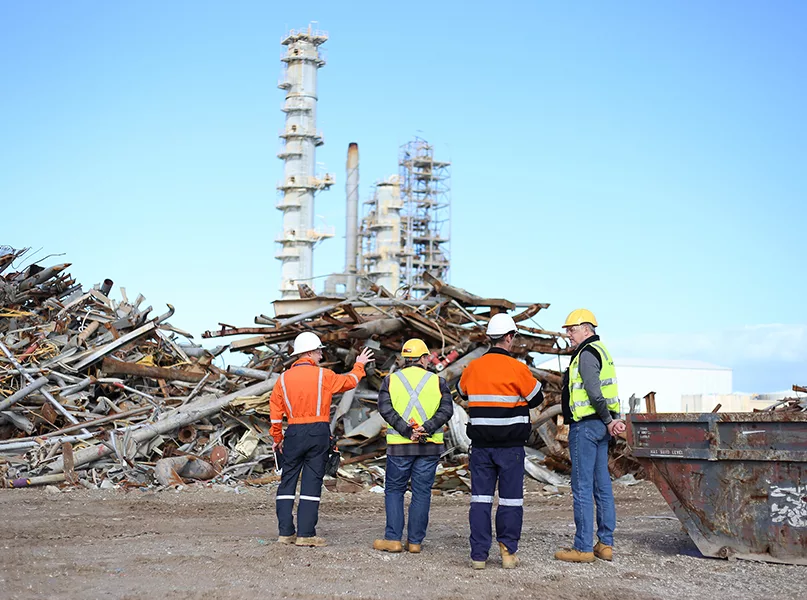
ACCELERATING KNOWLEDGE
A series of studies commissioned by CODA has increased the understanding of not only Australia’s decommissioning challenges, but also the opportunities for collaboration, innovation, and efficiency in the industry.
“The studies have proven to be extremely valuable. At the simplest level, we’ve built a solid library of accessible resources to accelerate knowledge,” highlights Norman.
Additionally, the studies have helped to articulate the broader story of the industry and its interconnectedness to many other parts of the economy, from offshore wind, carbon sequestration, and recycling to skills and local engagement.
Furthermore, through all the consultations undertaken to develop the studies and materials, CODA has been able to grow its global network of specialists and experts, many of whom contributed knowledge and insights to the reports.
“Decommissioning is a global industry, and we have found there’s a collective desire for everyone to succeed,” Norman states.
“I have found it amazing how open people have been about the challenges they face, and the solutions they are finding to these challenges. There is certainly more sharing and openness in decommissioning than in many other sectors I have been involved with previously.”
PARTNERSHIP MODEL
To cultivate a committed ecosystem of decommissioning organisations, CODA launched a partner network.
As a not-for-profit, financial sustainability is crucial to CODA; having a partnership model where businesses pay to participate, while receiving significant value for their contribution, was therefore essential.
“However, what I had observed elsewhere was that a paid model also attracts partners who are committed beyond curiosity,” Norman tells us.
Alongside paid partnerships, CODA also fosters non-financial strategic partnerships with like-minded organisations such as research hubs, universities, trade associations, and industry bodies.
These strategic relationships are incredibly valuable to CODA and its partners in maintaining global channels of communication and knowledge exchange.
“We have found strong alignment with all the ministers and government agencies we have spoken to,” reveals Norman.
Numerous opportunities are presented by decommissioning, from local employment to recycling. For example, like many other countries, Australia continues to look for ways to reduce its waste production.
Decommissioning also produces significant volumes of valuable materials that can help to build the critical mass of commodities needed to grow recycling on scale.
In Australia, finding high-quality employment opportunities for regional populations has also been a long-term challenge.
“Here, decommissioning by its very nature can help since many of the facilities are located significant distances away from cities, and a number of new regional jobs will naturally be created,” Norman outlines.
The Australian regulators are on the same journey as the rest of industry and are actively engaging with CODA to grasp the potential of new technologies and better assess their applicability.
“They’re keen to understand how these technologies have performed elsewhere and how they could benefit Australia,” he says.
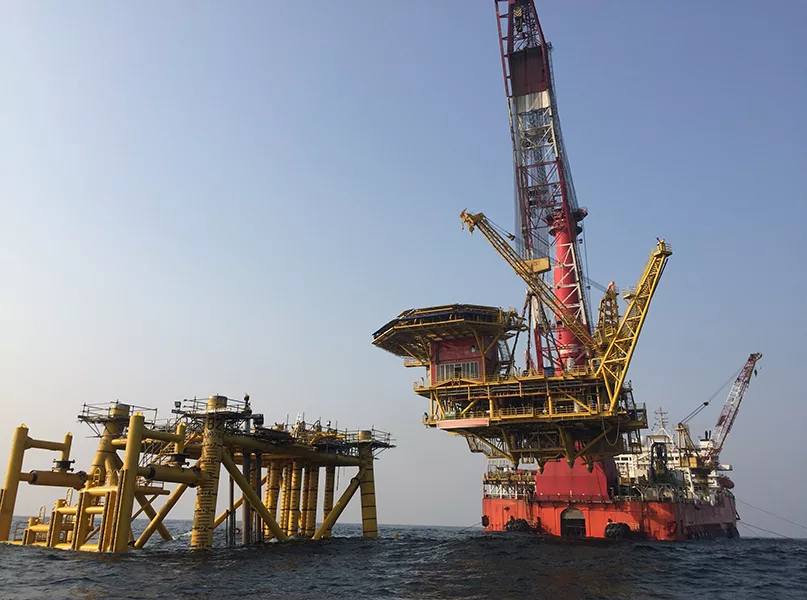
UPCOMING DEVELOPMENTS
CODA is currently working on the development of a new outlook tool, building on its original liability study.
Since that work was released, CODA has had numerous requests for more detail and specifics around upcoming decommissioning work.
To develop this, it is collaborating with a local artificial intelligence (AI) and natural language processing company to build a tool that will extract all the decommissioning-relevant information from the extensive library of environmental plans and wells databases. The tool will then present the information in a series of searchable and filterable dashboards.
“We are expecting this to go live in Q2 2024 and are incredibly excited by its potential. Once developed, we expect it to allow organisations to see and search the entire Australian decommissioning landscape in a live and interactive database,” Norman announces.
Meanwhile, CODA is rolling out its new solution discovery programme, XPLORE, in which it will work with operators and major contractors to surface and host solution gaps.
“I have been involved in a similar programme previously, and we found it to be incredibly effective at identifying otherwise unknown solutions or new ideas to problems, as well as opening novel engagement routes for technology companies.”
2024 and beyond will equally see a significant volume of projects being awarded for execution over the coming years.
CODA knows that this will put additional pressure on every link in the existing supply chain, necessitating as much support as possible for the projects to be successful.
“We will continue to provide assistance across the sector to ensure access to all the skills and solutions needed,” concludes Norman.
“While this volume of work and the ongoing pipeline will bring short-term pressures, it also has the potential to help Australia build its local capability and capacity, better positioning it for future decommissioning opportunities both domestically and internationally.”
A big part of CODA’s focus will continue to look beyond the timelines of individual projects and ensure the landscape is prepared for whatever comes next.
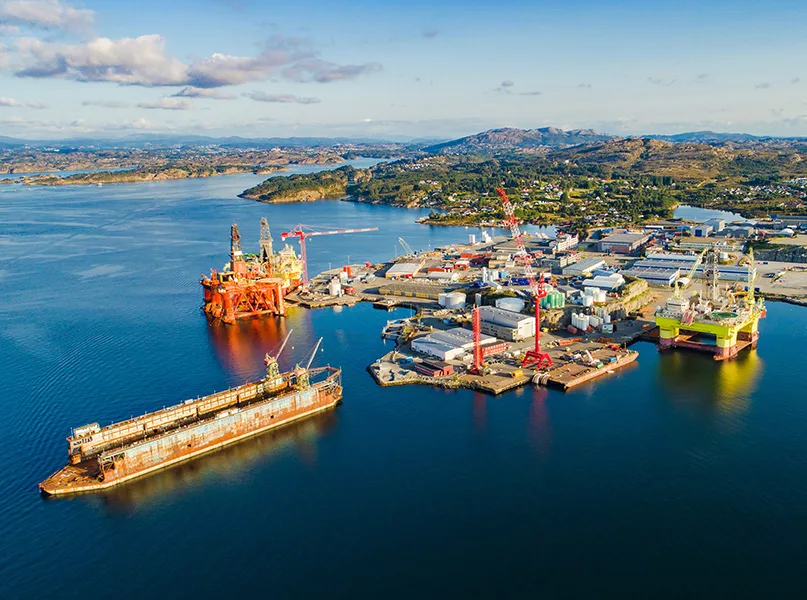
CODA AIMS – AT A GLANCE
- Act as advocates for decommissioning across the entire Australian economy.
- Support operators in their need for solutions.
- Facilitate connections and opportunities for the service sector.
- Ensure research is properly focused on meaningful and important questions.
- Assist regulators in their task of understanding the evolving global landscape.
- Work with government in considering the opportunities of decommissioning in future policy development.



